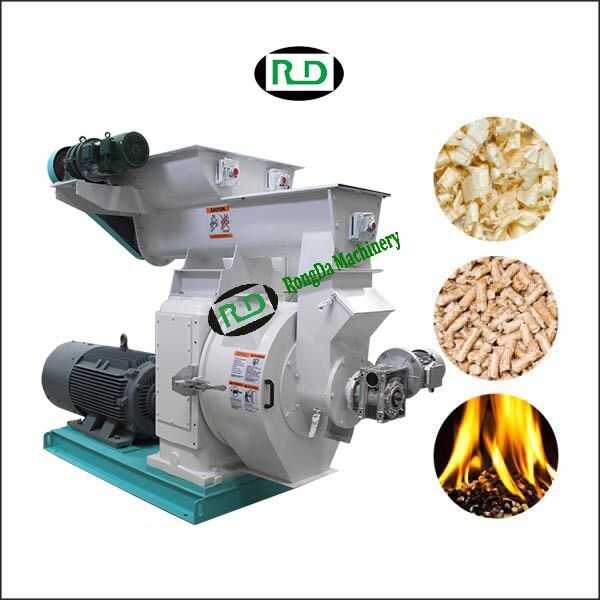Welcome to Rongda Machinery Co., Ltd
Toggle Navigation
In today’s renewable energy landscape, biomass pellet machines are gaining popularity due to their environmental benefits and energy efficiency. While the benefits are clear, choosing the right machine can be complex. This guide offers expert advice to ensure you make a well-informed purchase that meets your needs.

Before you make any purchase, take time to evaluate your production requirements. This includes understanding:
Output demand: How much pellet production do you need on a daily or monthly basis?
Type of biomass: What raw materials will you use (wood chips, agricultural waste, etc.)?
Pellet specifications: Are there particular size, shape, or quality requirements for the pellets?
Having a clear production goal helps in selecting a machine that aligns with your specific needs, ensuring that the equipment you choose supports your production efficiency and output requirements.
The technical specifications of a biomass pellet machine directly affect its performance and durability. Key factors to focus on include:
Power: What level of power does the machine require to run optimally?
Compression ratio: This impacts the quality of the pellets produced.
Production capacity: Ensure the machine meets or exceeds your production goals.
By paying close attention to these critical parameters, you can ensure the equipment delivers consistent results, performs efficiently, and offers long-term reliability.
Selecting a manufacturer with a solid reputation is key to ensuring you get high-quality equipment. Established companies typically offer:
Comprehensive after-sales service,
Quick technical support,
Reliable warranty options.
These benefits help you avoid potential problems and ensure you receive timely assistance if the machine experiences any issues, contributing to cost-effective operation and extended equipment lifespan.
When selecting a biomass pellet machine, opt for models that are designed with energy efficiency and eco-friendly features. Consider machines that:
Consume less energy,
Emit fewer pollutants,
Operate quietly.
These features not only reduce your operational costs but also contribute to your environmental sustainability goals, making your business more eco-conscious while lowering overall energy consumption.
Before finalizing your purchase, it’s important to review the after-sales service and warranty coverage offered by the manufacturer. Look for:
Ongoing maintenance support,
Repair services, and
Warranty options that cover parts and labor.
Strong after-sales support ensures you can maximize the machine’s operational life and avoid unplanned downtime, protecting your investment and reducing long-term maintenance costs.
Choose a biomass pellet machine that is future-proof. Consider machines that allow for upgrades and technological enhancements. This ensures the equipment remains competitive as new technologies emerge, providing flexibility to scale your operations and stay ahead of industry trends.
By following these expert tips, you can confidently select a biomass pellet machine that meets your production needs, enhances energy efficiency, and contributes to your sustainability goals. Whether for a small-scale operation or large industrial setup, investing in the right machine will ensure long-term performance and help you achieve a greener future.